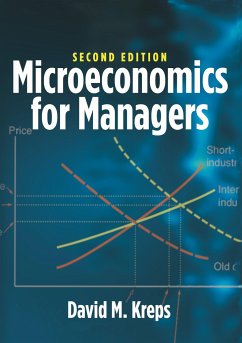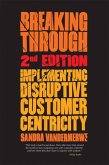This is a thoroughly revised and substantially streamlined new edition of a leading textbook that shows MBA students how understanding economics can help them make smarter and better-informed real-world management decisions. David Kreps, one of the world's most influential economists, has developed and refined Microeconomics for Managers over decades of teaching at Stanford's Graduate School of Business. Stressing game theory and strategic thinking and driven by in-depth, integrated case studies, the book shows future managers how economics can provide practical answers to critical business problems.








